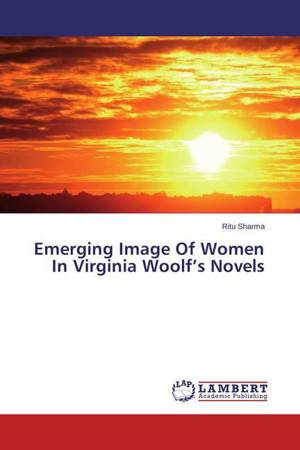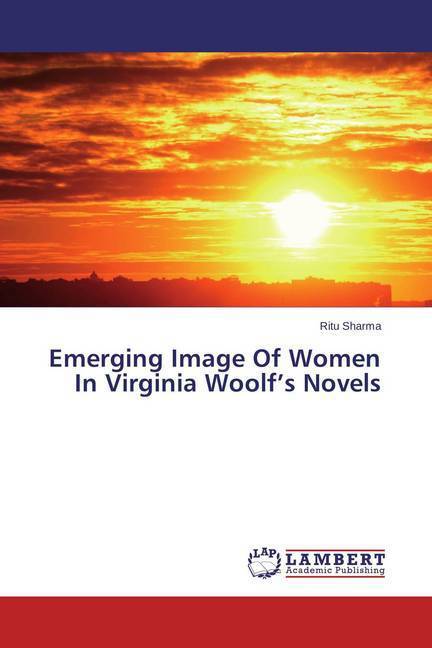
- Afhalen na 1 uur in een winkel met voorraad
- Gratis thuislevering in België vanaf € 30
- Ruim aanbod met 7 miljoen producten
- Afhalen na 1 uur in een winkel met voorraad
- Gratis thuislevering in België vanaf € 30
- Ruim aanbod met 7 miljoen producten
Zoeken
€ 70,45
+ 140 punten
Omschrijving
The New Woman or the emerging image of women was a feminist idea that emerged in the final decades of the nineteenth century in Europe and North America.The woman has always been the sub altern across cultural boundaries. Woolf's feminism did not advocate the claims of women to political, social and economic equality with men. Her feminism was a deep rooted desire surging inside from adolescence to create a new world for women writers to write fearlessly, and to challenge cultural codes reinforcing the myth of an obscure invisible woman - writer.Woolf's novels Mrs. Dalloway and To the Lighthouse are mouthpiece of the writer as her female protagonists justify Woolf's claim of woman's superiority in her search for truth in the chaotic world of human-beings. Woolf's achievement as a novelist distinguishes her as a famous luminary in the galaxy of English literature. Woolf's novels are a triumph of 'mind over matter' portrayed through human -relationships of love not self seeking but pure, combining realism with platonic idealism.
Specificaties
Betrokkenen
- Auteur(s):
- Uitgeverij:
Inhoud
- Aantal bladzijden:
- 128
- Taal:
- Engels
Eigenschappen
- Productcode (EAN):
- 9783659593987
- Verschijningsdatum:
- 10/09/2014
- Uitvoering:
- Paperback
- Afmetingen:
- 150 mm x 220 mm
- Gewicht:
- 200 g

Alleen bij Standaard Boekhandel
+ 140 punten op je klantenkaart van Standaard Boekhandel
Beoordelingen
We publiceren alleen reviews die voldoen aan de voorwaarden voor reviews. Bekijk onze voorwaarden voor reviews.







